Undergraduate Programs Overview
If you’re looking for a rewarding career that protects and develops the environment, the School of Plant Sciences is a great fit. We offer four majors that provide a wide range of job prospects and opportunities to tackle global challenges and increase sustainability.
What makes us different
As a student in the School of Plant Sciences, you’ll be able to:
- Work in the Controlled Environment Agriculture Center, which houses the Sensing & Climate Control Lab, Mars-Lunar Greenhouse, Pryor Mushroom Lab, South Pole Growing Chamber and Vertical Farm.
- Explore opportunities in the Arizona Genomics Institute, which uses the latest technology to extract, sequence and analyze DNA and RNA of plants, algae, fungi and other organisms.
- Get involved in the new Center for Agroecosystem Research in the Desert (ARID), which pairs data science and technology with workforce training and community outreach.
- Apply your studies in real-world facilities, like the mycological herbarium, the campus arboretum or Biosphere 2.
- Find your community and gain a competitive career edge through our clubs, like the Controlled Environmental Agriculture Student Association or the Ecological Restoration Club, labs, study abroad opportunities, or paid internships.
Undergraduate programs
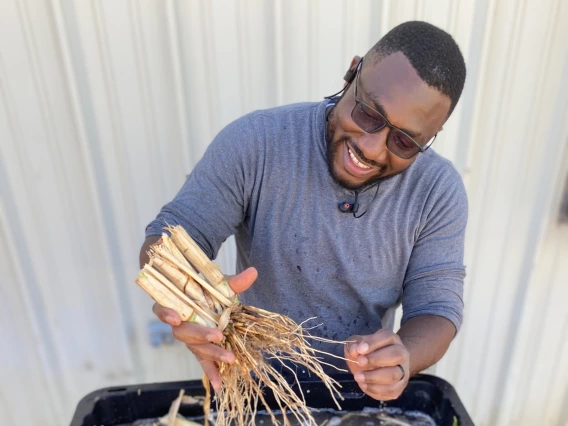
Plant Sciences
Learn the biological processes of plants and apply that knowledge to solve problems like helping plants adapt to changing climates and resist diseases and pests.
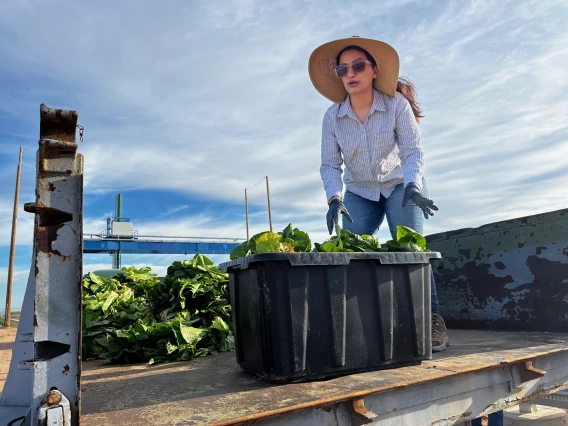
Sustainable Plant Systems
Discover how to create more sustainable food production systems through urban farming, agronomy or improved food safety.
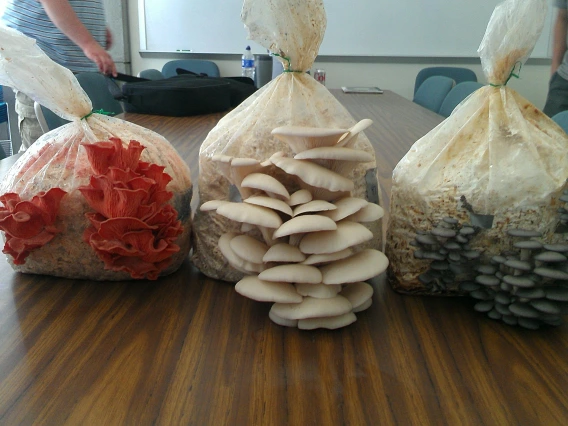
Applied Biotechnology
Find novel ways to use living cells or biological processes to feed and fuel a growing population and fight disease.
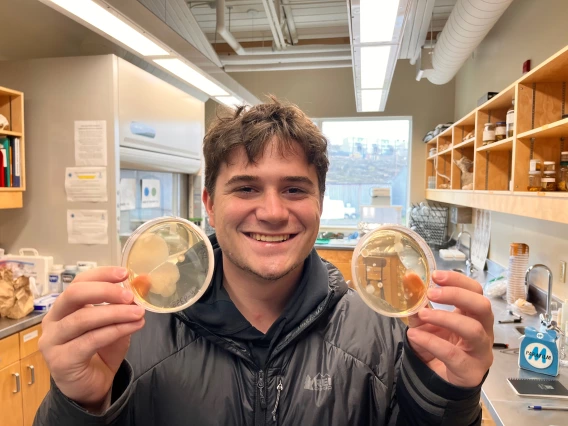
Microbiology
Learn to prevent infectious diseases in a lab and research how microorganisms effect the world around us. Visit our partner, the School of Animal & Comparative Biomedical Sciences, to learn more.
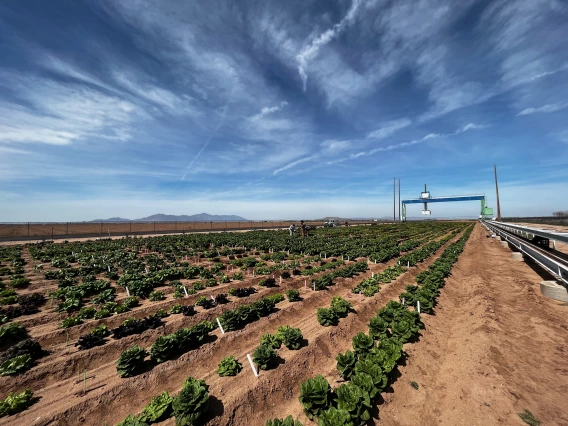
Undergraduate Minors
A minor in plant sciences, sustainable plant systems or applied biotechnology can add value to your degree for career and graduate school applications.
Lower your cost to attend
The estimated cost to attend the university depends largely on whether you’re a resident or non-resident and whether you plan to live on campus, off campus paying rent, or live with a family member rent-free. You can lower your cost through scholarships and financial aid. Use our net price calculator to estimate your scholarships and aid eligibility, and total cost.
How to apply
A completed application includes any required self-reported grades, transcripts, application fee and proof of English proficiency, if required. Visit the University of Arizona Office of Admissions for a complete list of admissions requirements.

